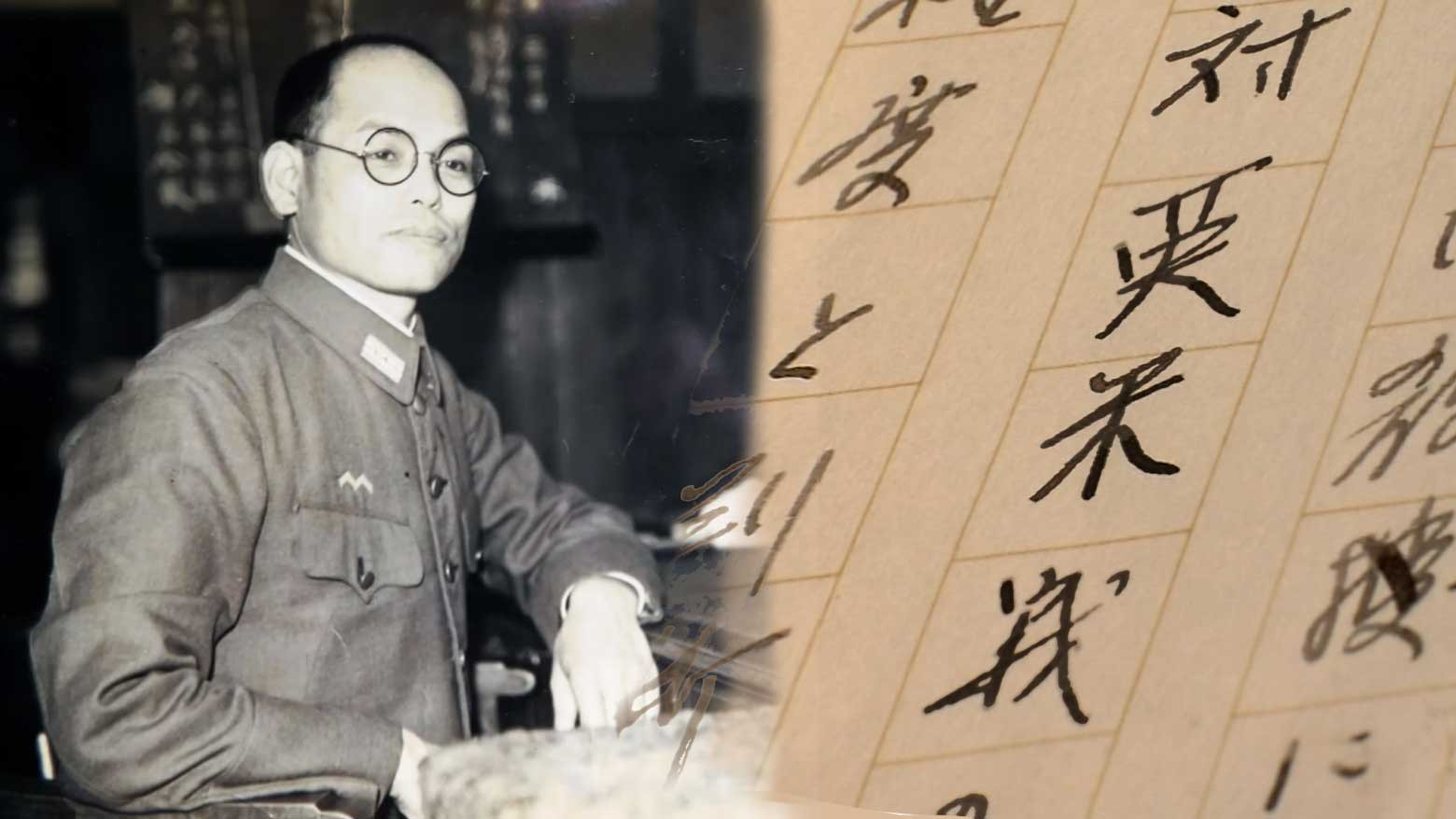Lieutenant Colonel Akimaru Jiro was in charge of the research group tasked with studying the major powers.
Officially, the body was called the War Economy Research Group, but it was more commonly known as the Akimaru Unit.
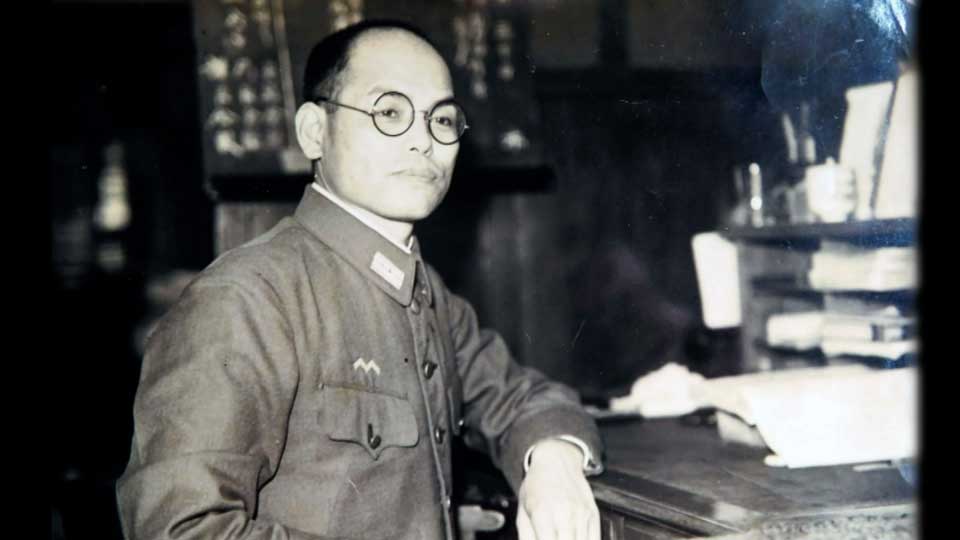
Akimaru recruited Japan's top economists to analyze the strengths of the enemy. They found that the combined economic power of the US and Britain was 20 times greater than that of Japan.
Their conclusion was unequivocal: Japan cannot survive a lengthy war.
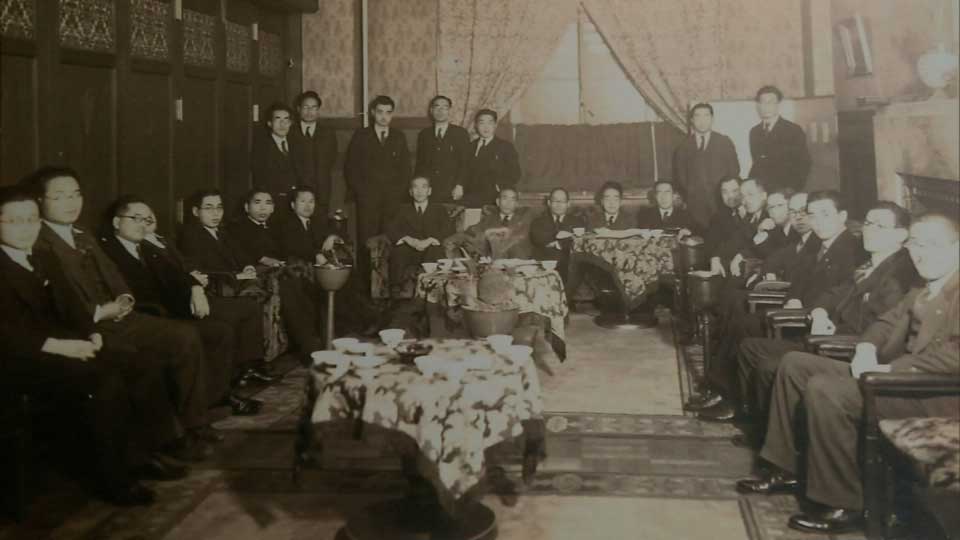
The Akimaru report delves into the particulars of the American and British economies. It includes detailed accounts on resources, such as iron ore and oil stocks, and industrial production capacity.
It found that both countries had more than enough economic power to sustain a long war effort.
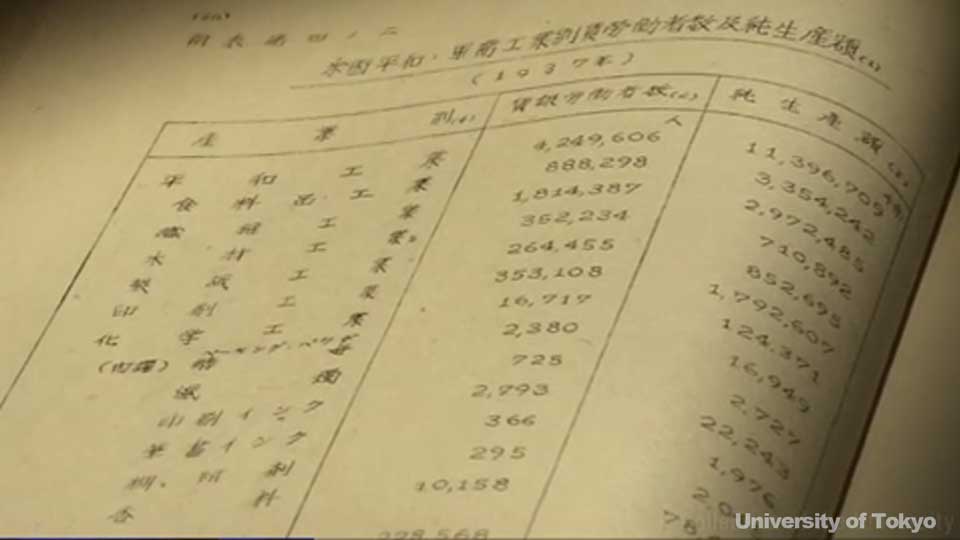
The report also studies the economy of Japan's main European ally, Nazi Germany. Its analysis projected that Germany's economy would peak in 1941 and then gradually decline.
The report said the outcome of any global war would be determined by how long a likely Nazi-Soviet conflict lasted.
This proved uncannily prescient. By mid-1941, Hitler had expanded his power across Europe and invaded the Soviet Union.
The long, drawn-out struggle that ensued took an unsustainable toll on German resources.
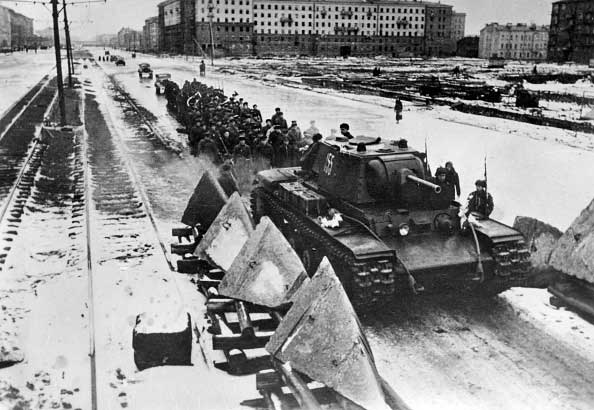
"The study shows that going to war against the US would obviously be reckless, and that Germany had reached its limit," says Makino Kuniaki, a professor at Keio University who has been studying the Akimaru report for years.
"Akimaru thought it would be pointless to depend on Germany, which was becoming weaker."
But Makino believes top military decision-makers actually used the report for the opposite of its intended reason: as rationale for going to war.
This past September, he uncovered an additional study put together by the unit that backs up this hypothesis.
The study is titled "Examination table of strategic points for the US, UK joint economic strength" and looks at the weak points of the US and UK economies, providing a detailed statistical basis for the findings in the original report.
Like the first report, it highlights the supply lines between the US and Britain as a possible achilles heel, saying the UK would run out of supplies if ships bringing goods from across the Atlantic were sunk at a faster rate than they were being built.
Japan's military and political leaders seized on this point, saying if the Nazis were able to make swift work of the Soviets, they could then focus on breaking the trans-Atlantic supply line.
This would force Britain's surrender and in turn make the US more receptive to Japanese entreaties for peace.
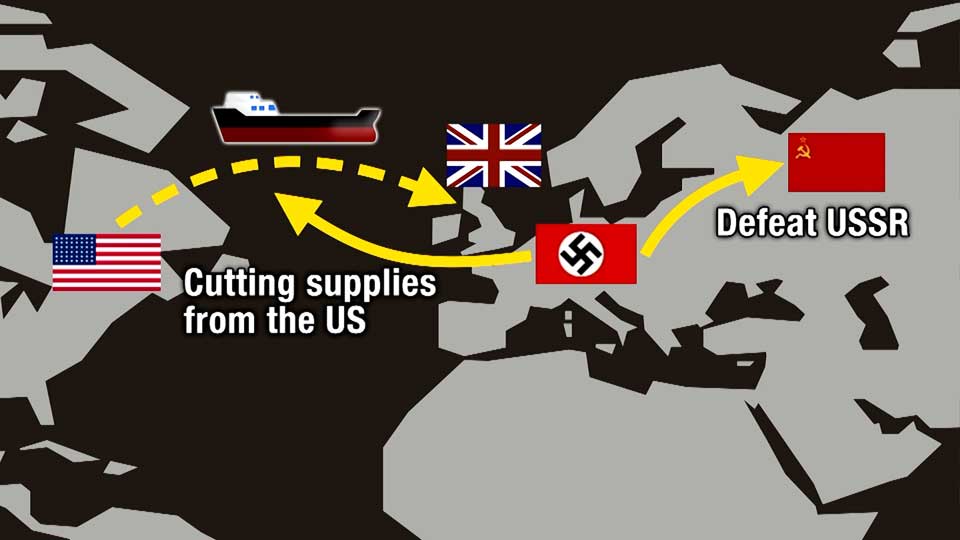
But this optimistic outlook relied on an estimate of Germany's military and economic power that was at odds with what the Akimaru Unit had found.
"The Akimaru Unit was a part of the military so it was hard for them to tell the leaders war was impossible," says Makino.
"They had to show there was some possibility of winning. The military may have used this part of the report to support their wishful thinking and start the war."
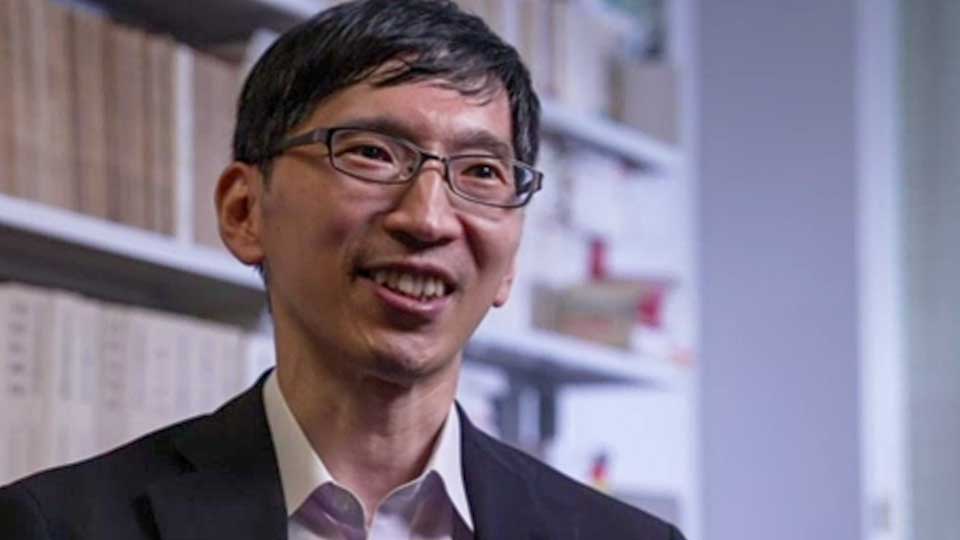
According to his private notes, Akimaru urged the military leaders to consider the report in total. But he writes they were too hellbent on the prospect of war to be convinced.
Akimaru's son, Nobuo, has been releasing his father's personal papers as part of an effort to raise public awareness about the group.
Recently, he has been publishing accounts of his father's work to push back on a campaign by military revisionists to co-opt the Akimaru Unit for their claims that Japan was justified in going to war. He wants people to know that his father was vocal in his opposition.
"My father said there was no concept of a 'war economy' at the time and his goal was to study war from an economic perspective," Nobuo says. "He said he had no intention of flattering the army."
Nobuo hopes the private papers show the extent to which his father agonized over the report.
"The military thinks war is inevitable," Akimaru wrote. "The analysis provided by the Akimaru Unit was an inconvenient conclusion for them. And so they moved toward launching a reckless war."
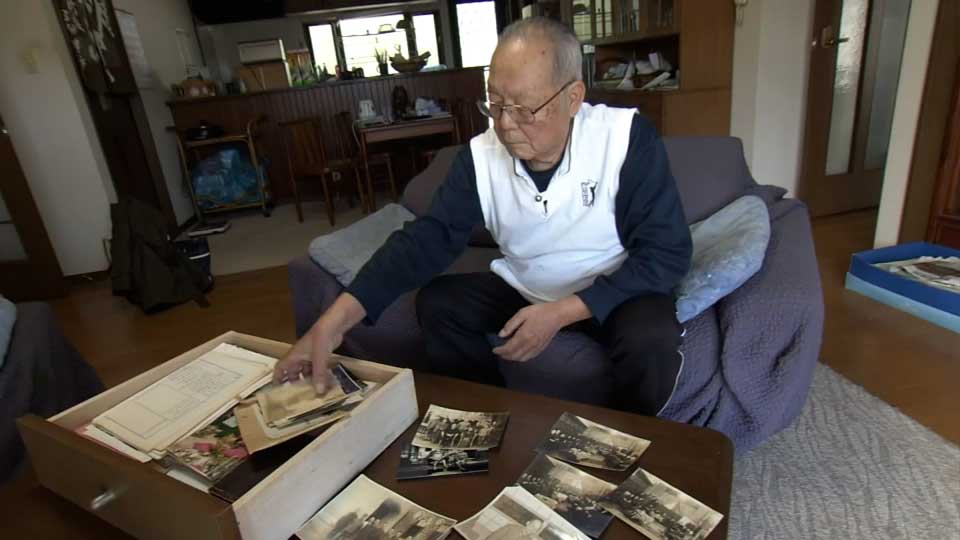
The Akimaru Unit submitted reports until the summer of 1941. By that point, the US had imposed an embargo on oil exports to Japan in response to the country's invasion of French Indochina.
The military leaders believed they had no choice but to fight if the embargo was kept in place. For them, the tremendous risks of a war were worth taking.
Much scholarship surrounding the start of the Pacific War tends to focus on determining responsibility.
And in this case, the disastrous consequences of the Japanese military's selective use of its intelligence would seem to implicate the Akimaru Unit.
But the new documents show there is perhaps more insight to be gained from analyzing the wider political context in which Japan's leaders used accurate information to make bad decisions than simply attempting to apportion blame.
Also watch: Warning Signs Ignored on the Path (09:49)
Dec.10, 2021
A-Bomb Survivor's Lasting Legacy (08:42)
Dec.6, 2021
Reexamining Wartime Discrimination in Hawaii (12:03)
Dec.7, 2021
Families Find Path to Reconciliation (08:37)
Dec.8, 2021
Peace Fuels Bond between Children of Sister Cities (08:44)
Dec.9, 2021
